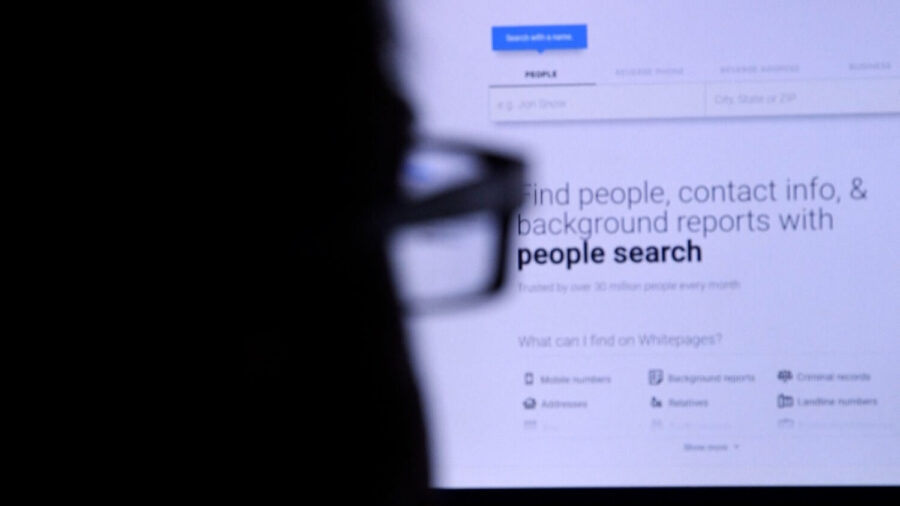Scammers don’t have to hack their way to your personal information, they can buy it.
Sep 24, 2025, 10:31 PM | Updated: 10:38 pm
SALT LAKE CITY – Whenever I interview victims of scams, they often express shock about how the bad guy knew so much personal information about them. Yes, their phone, computer, or other device could have been hacked. But there’s a strong chance that just by going about their everyday life, they unknowingly gave away the details a criminal needed to scam them.
Tracking habits
Let’s be honest. There’s not a lot of privacy these days. Your cell phone is likely stuffed with apps tracking your shopping habits, driving habits, even your health habits.
As the KSL Investigators have previously reported, personal information gets bought up by all sorts of retailers, insurance brokers, and other legitimate companies looking to market their products and services to consumers. But that data just isn’t being used for targeted ads anymore.
“These people can be already under attack as we speak,” said Bezalel Eithan Raviv, CEO of Lionsgate Network – a cyberthreat intelligence firm working with law enforcement and companies to trace stolen data and shut down scams.
Whenever you hear about a company that has suffered a data breach, the standard advice for impacted consumers tends to be: “Monitor your credit.”
And while that remains good advice, someone opening accounts in your name is only one of many ways your valuable personal information is exposed after a data breach.
“We see a kind of, the straight line between those kinds of attacks to those people who are very shortly after being embezzled,” Raviv said.
Every app, loyalty card, quiz, and click can give away information about you. That data gets bundled, auctioned, and reused. So, by the time your phone receives a phishing text, not only does a crook know your number – he or she knows your name, your address, maybe what school your kids go to, and potentially other personal details that can make the text appear legitimate.
A full profile of data about someone can be bought for pennies off the dark web. And it is enough data to help criminals fuel everything from romance and investment scams to account takeovers and fraudulent invoices.
“The catastrophe here is that people are not prepared,” Raviv said.
Protecting your personal details
So, be prepared. Scammers won’t need to hack you if they can buy your personal information wholesale. Think about what you share. You do not have to download every app out there or even agree to let them track you.
And remember, Utah has a new law that lets you demand companies delete your private information.












